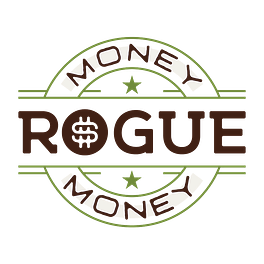
Rogue Money Research
The original alternative investing & unconventional wealth-building community - since 2009
By registering you agree to Substack's Terms of Service, our Privacy Policy, and our Information Collection Notice

The original alternative investing & unconventional wealth-building community - since 2009